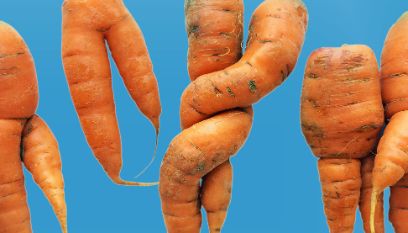Lucas, B., Costa, J., & Brunner, T. (2023). Attitudes of consumers toward Spirulina and açaí and their use as a food ingredient. LWT, 178, 114600.
Mielmann, A., & Brunner, T. (2022). Linking the sensory taste properties of chocolate-based biscuits to consumers’ emotions: A cross-cultural study. Applied Sciences, 12, 8038.
Lucas, B., Costa, J., & Brunner, T. (2022). How information on superfoods changes consumers’ attitudes: An explorative survey study. Foods, 11, 1863.
Lucas, B., Guelpa, R., Vaihinger, M., Brunner, T., Costa, J., & Denkel, C. (2022). Extruded snacks enriched with açaí berry: physicochemical properties and bioactive constituents. Food Science and Technology, 42, e14822.
Arnaudova, M., Brunner, T. A., & Götze, F. (2022). Examination of students' willingness to change behaviour regarding meat consumption. Meat Science, 184, 108695.
Franco Lucas, B., Götze, F., Vieira Costa, J. A., & Brunner, T. A. (2022). Consumer Perception Toward “Superfoods”: A Segmentation Study. Journal of International Food & Agribusiness Marketing, 1–19.
Franco Lucas, B., Costa, J. A. V., & Brunner, T. A. (2021). Superfoods: Drivers for Consumption. Journal of Food Products Marketing, 27(1), 1–9.
Götze, F., & Brunner, T. A. (2021). A Consumer Segmentation Study for Meat and Meat Alternatives in Switzerland. Foods (Basel, Switzerland), 10(6).
Brunner, T. A., & Nuttavuthisit, K. (2020). A consumer-oriented segmentation study on edible insects in Switzerland and Thailand. British Food Journal, 122(2), 482–488.
Delley, M., & Brunner, T. A. (2020). A segmentation of Swiss fluid milk consumers and suggestions for target product concepts. Journal of Dairy Science, 103(4), 3095–3106.
Götze, F., & Brunner, T. A. (2020). Sustainability and country-of-origin. British Food Journal, 122(1), 291–308.
Markoni, E., & Götze, F. (2020). Anspruch und Wirklichkeit bei der Umsetzung eines nachhaltigen städtischen Ernährungssystems: Eine empirische Vorstudie der Berner Ernährungsinitiativen. In A. Brokow-Loga & F. Eckardt (Eds.), Postwachstumsstadt: Konturen einer solidarischen Stadtpolitik (pp. 256–272). oekom.




